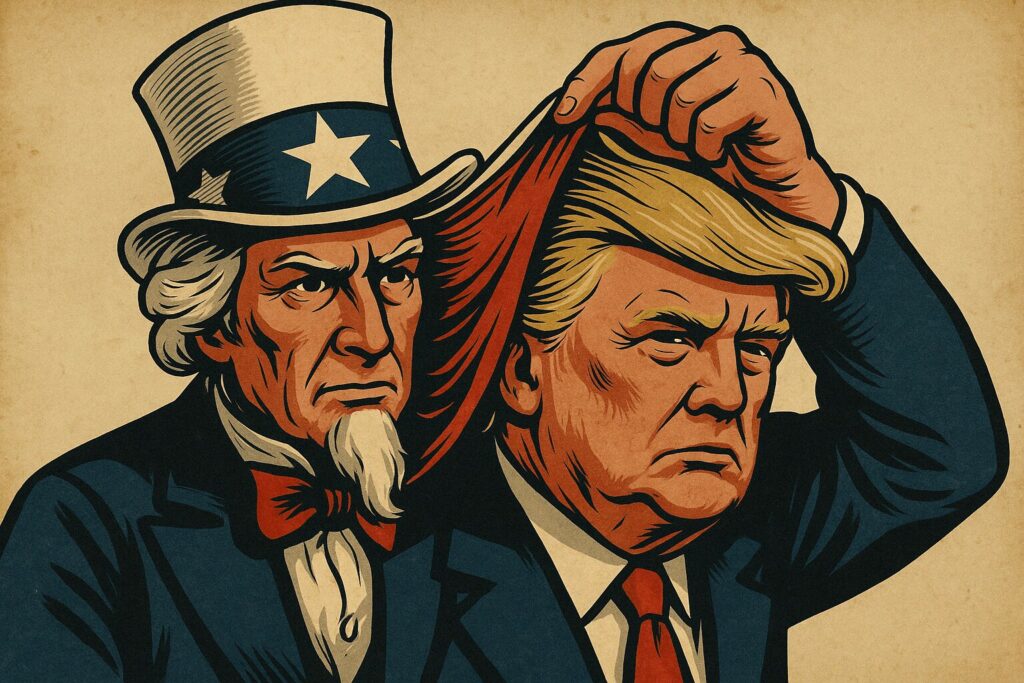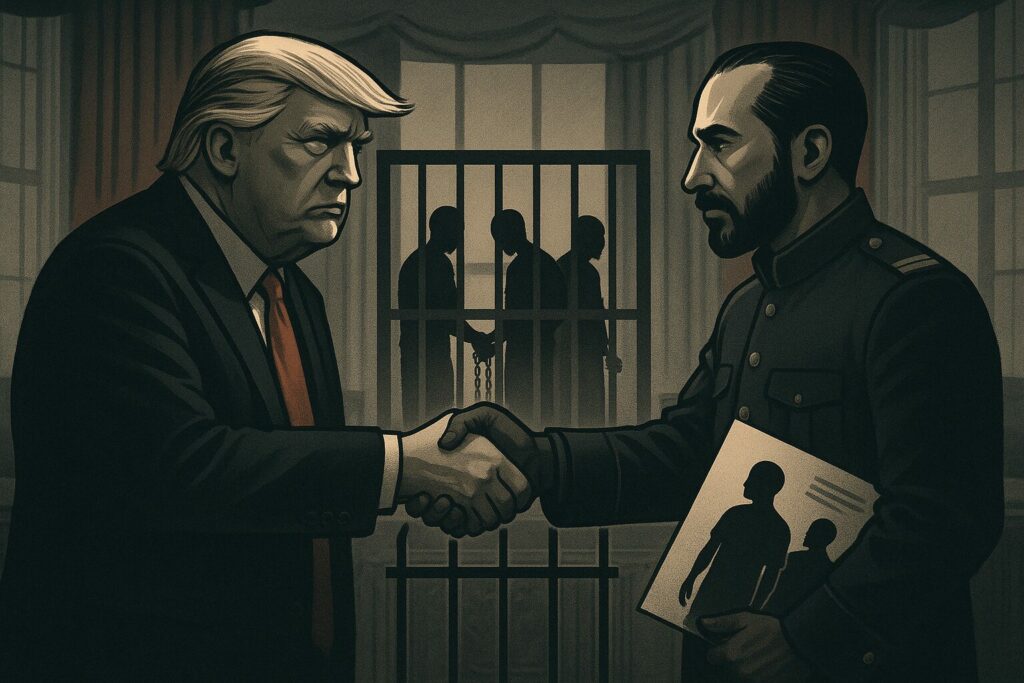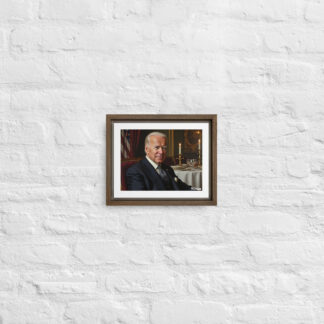Debunking Senator Bernie Sanders’ Fake Proposals
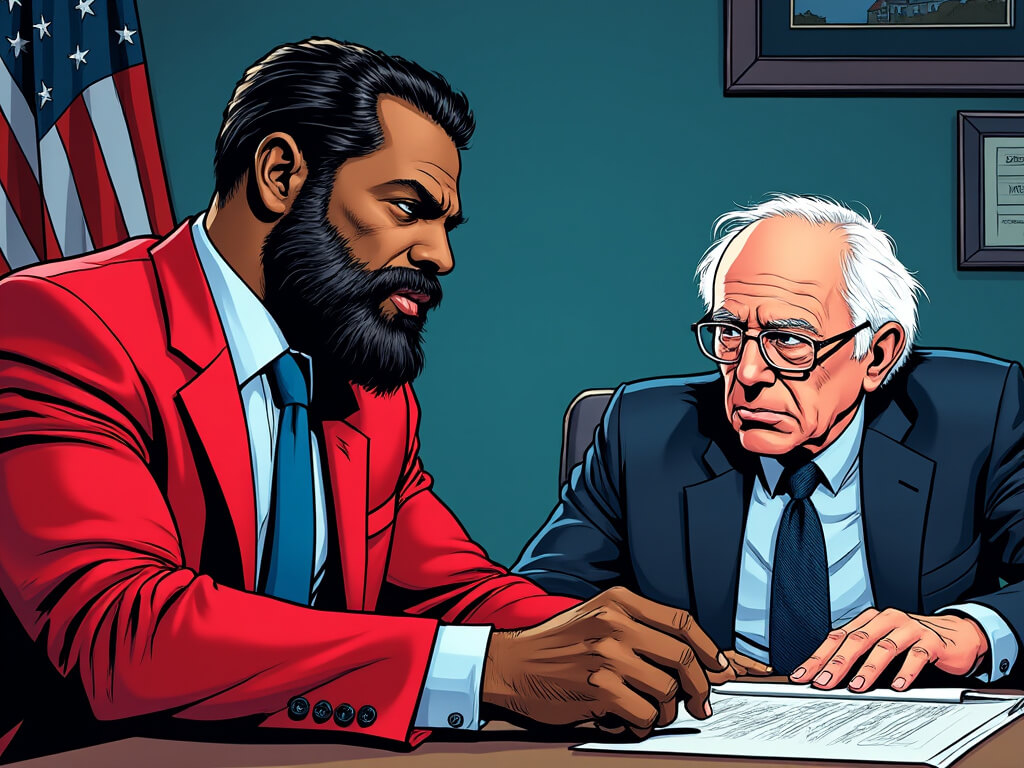
Advocates often present publicly funded elections, a national voting holiday, and federal voter ID programs as silver bullets to fix our electoral system. To many, they sound reasonable, even necessary, for a more equitable democracy. But dig a little deeper, and these proposals reveal themselves as distractions at best, and dangerous missteps at worst.Let’s explore why these ideas don’t work, how they hurt everyday Americans like Vickie the Voter, and what real reforms could look like.
Meet Vickie the Voter

Vickie is a prototypical American voter. She works full-time to provide for her family and cares deeply about their future. Like many parents, she believes the government should support families through tax relief and better economic opportunities. So, every election cycle, Vickie does her civic duty.
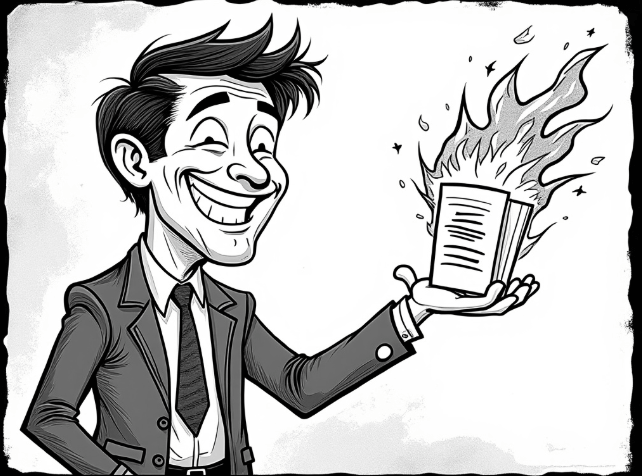
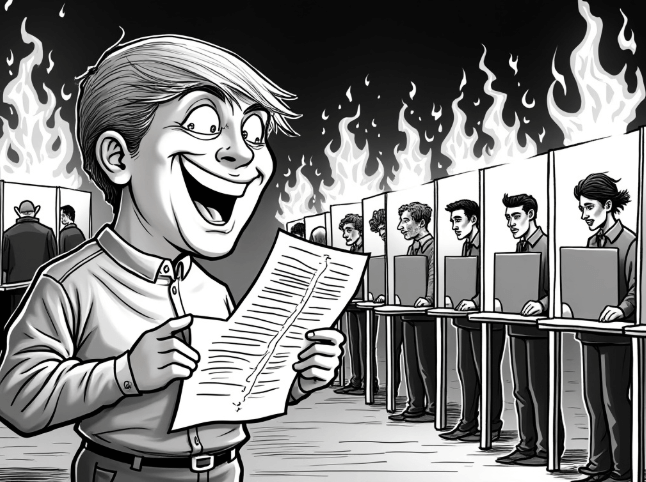
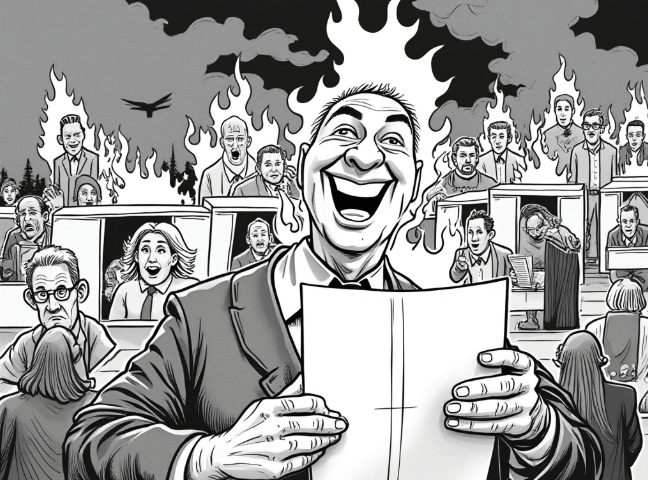

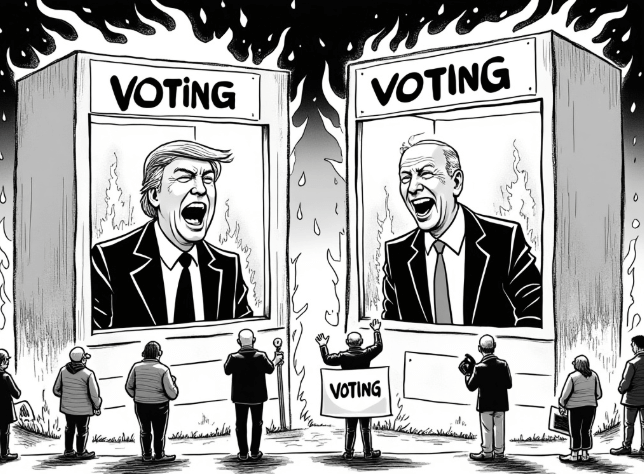
Currently, Vickie either goes to her local polling place or submits an absentee ballot. She casts her vote, hoping her preferred candidate will win. But no matter the outcome, Vickie’s efforts feel futile.
- If her candidate wins, there’s no guarantee they’ll deliver on their promises—or even have the political power to implement their agenda. Vickie still has to advocate for her needs and hold officials accountable.
- If her candidate loses, she’s left feeling powerless, with no meaningful recourse.
And here’s the kicker: Vickie still can’t confirm that officials even counted or recorded her vote properly. There’s no receipt and no transparent auditing process to give her confidence.
Now, imagine a world where reforms like publicly funded elections, a national holiday for voting, and federal voter ID laws are in place. Would Vickie’s experience improve? Not likely.
How These Reforms Would Impact Vickie
- Publicly Funded Elections: Another Tax on Vickie
Bernie Sanders’ publicly funded election proposals force taxpayers like Vickie to fund political campaigns through a new tax. Whether she votes or likes the candidates, she still has to pay for their campaigns. The system takes money away from her family to support something she already believes is broken.
Meanwhile, wealthy individuals and organizations would still find ways to influence politics. Stock options, untraceable cryptocurrency transactions, and for-profit entities engaging in political speech would remain avenues for big money to dominate. Publicly funded elections wouldn’t level the playing field; they’d just make Vickie poorer. - A National Holiday for Voting: A Costly Gesture
While a federal holiday for voting might sound like a good idea, it would cost Vickie one less day of work—potentially hundreds of dollars in income. If her employer remains open, she may have to choose between voting and earning her paycheck. And unless lawmakers implement mandatory overtime pay, this proposal hurts working families like hers the most.
Worse, the holiday wouldn’t fix the underlying flaws in the voting process. Vickie still can’t verify that officials counted her vote, and the Electoral College still decides the presidency. In other words, nothing meaningful would change. - Federal Voter ID: Solving the Wrong Problem
Federal voter ID laws are often touted as a way to secure elections, but they fail to address the real issue: auditing and verifying votes. Vickie still wouldn’t be able to confirm her vote was counted, and a centralized voter ID system would violate states’ rights, opening the door to federal overreach.
The real problem isn’t whether Vickie is eligible to vote. Instead, it’s whether her vote matters and can be transparently verified. Federal voter ID laws completely ignore this.
The Real Problem: The Influence of Big Money

One of the loudest calls for reform is the idea of “getting big money out of politics.” While well-intentioned, many proposals in this vein are misguided or unrealistic. For example, Sanders and his followers often conflate spending money on advertising with “buying elections,” which is an immature oversimplification.
- Advertising is not buying elections.
Paying for Facebook ads, TV commercials, or mailers is not corruption. It’s a way for candidates to communicate with voters. Bribery—paying for votes, silencing whistleblowers, or suppressing dissent—is buying elections. Campaign advertising, in contrast, is simply a tool. The problem arises when overspending on ads drowns out other voices, creating an uneven playing field. - Neutralizing overspending is key.
Real reform would focus on enabling poor or underfunded candidates to communicate with voters in meaningful ways, regardless of their opponents’ ad budgets. Equal airtime mandates, rules ensuring equal access to debates, and transparency requirements for campaign funding would help level the playing field without introducing new taxes or subsidies.
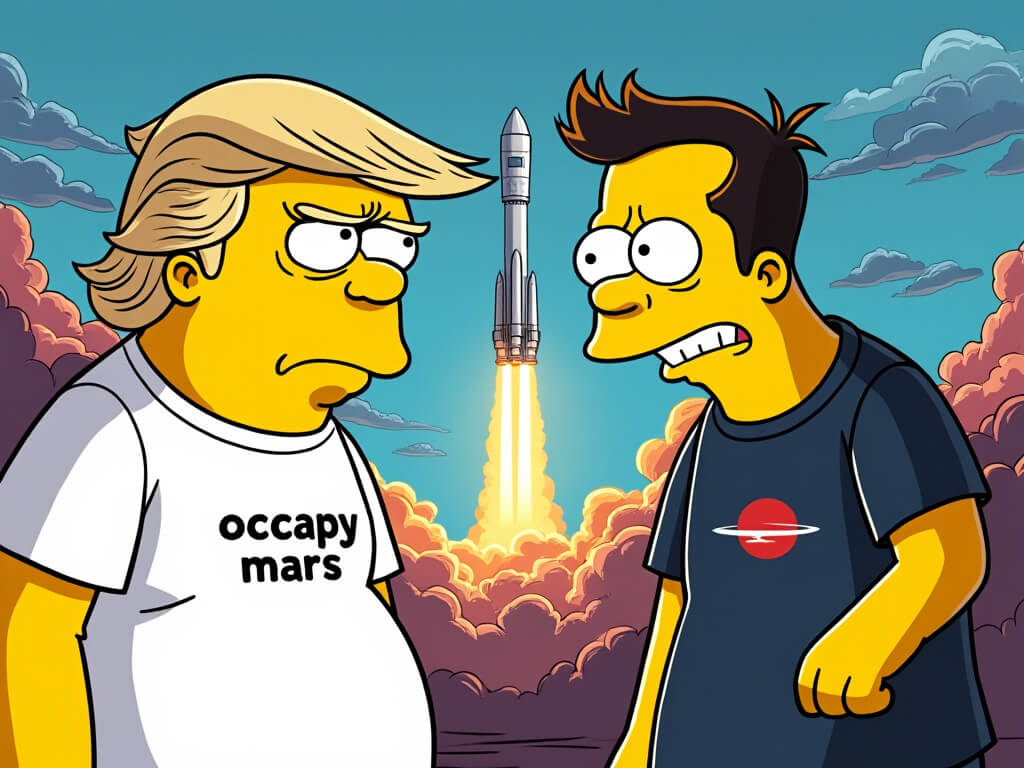
What Real Reform Could Look Like
If we want to fix our electoral system, we need to focus on solutions that address its core issues, not Band-Aids that make it worse. Here’s what meaningful reform could look like:
- Neutralizing the Impact of Big Money
Give every candidate, regardless of wealth, the ability to reach voters. This could include:- Equal access to public broadcasting or free airtime for debates.
- Transparency rules requiring candidates to disclose funding sources and campaign expenditures in real-time.
- Clear, enforceable restrictions on bribery, vote-buying, and corruption.
- Focus on Real Engagement, Not Promises
Campaigns today are about what candidates will do, rather than what they are doing. Reform could include:- Open debates where candidates collaborate to propose solutions in real-time.
- Opportunities for voters to see candidates work together and debate solutions, rather than just criticizing each other.
- Ensure Votes Are Counted and Verified
Build trust in the system by introducing transparent auditing processes. Voters like Vickie should be able to verify that their votes were counted and recorded properly. A receipt-based voting system, decentralized vote audits, and public oversight of ballot counts would go a long way toward restoring faith in the electoral process.
Stop Chasing Distractions
Publicly funded elections, national voting holidays, and federal voter ID laws sound appealing, but they don’t address the real problems in our electoral system. Worse, they introduce new burdens on voters like Vickie, who already feel overtaxed and underrepresented.
The real solutions, however, begin with neutralizing the influence of big money. From there, we must foster genuine engagement between candidates and voters and, finally, ensure that votes are transparently counted.By prioritizing these principles, we can take meaningful steps toward rebuilding a system that works for everyone. Most importantly, we can do this without imposing new taxes, enabling federal overreach, or relying on hollow promises.
It’s time to stop settling for feel-good proposals that mask the deeper issues and demand reforms that actually make a difference.


